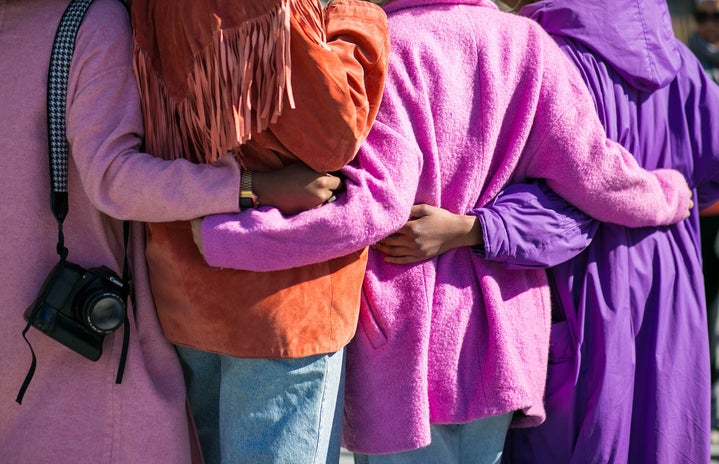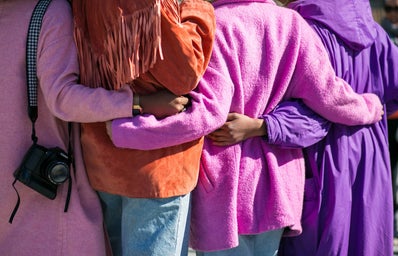To all of my Spanish-speaking readers out there: if you’re in need of a new feminist read, Alondra Sofia’s new poetry collection, Machete Púrpura, is an absolute must.
Retrieved from Pexels
The machete holds great importance in Puerto Rican history. It was used as a tool during the sugarcane industry in the nineteenth century and it has continued to hold a symbolic value ever since. The machete is a well-known element of “el jíbaro”. “El jíbaro” is another important symbol in Puerto Rican culture. During the eighteenth century, when the Puerto Rican identity was being constructed, these people made a huge impact. They lived in the countryside, tirelessly working on farms to support their families. Nowadays, the jibaro represents humble, hard-working folk that are very proud of their roots.
The other element we see in the title is the color purple. Purple was chosen to be the official color of the Women’s Party and the Suffragette campaign for women’s right to vote. Moreover, the purple campaign defines the color as unity.
On another note, the book is beautiful. Its cover features a captivating collage created by the author Alondra Lugo. The illustrations were chosen by her present diverse women bearing signs asking for justice, equality, and feminist quotes.
Retrieved from Pexels
Content-wise, this work takes a look at the mind of modern-day Puerto Rican women. It shows experiences many women may go through daily; like being judged on how they look or how they act. Also, it touches on more serious themes, for example, being harassed and the femicides being committed in the country. Themes like these might come off as uncomfortable, but it is important that we continue addressing them. No woman should be suffering in silence. This book can help women feel seen and come to accept that they’re not alone, considering so many of us have unfortunately been through what Alondra Sofia narrates in her book.
Lugo’s poems are relatable and powerful. Her simple-yet-passionate writing style makes this poetry collection a good choice for readers who are interested in learning about feminism and/or looking to discover local authors, Machete Púrpura was a delightful and reflective experience to read. It was a rollercoaster of emotions. I felt enraged, melancholic, empowered, and understood.
Retrieved from Unsplash
It’s a call for justice, equality, and respect. Machete Púrpura is not an excuse to sit down and feel sorry for us as women. In fact, it’s a social call for unity and revolution. You don’t necessarily need to be a Puerto Rican woman to relate to it. We, as women, have each other to lean on and help each other stand tall while facing life’s vicissitudes.
If you’re left with the desire to read more of her works, Machete púrpura is Alondra Sofia’s second poetry collection, followed by Rimas en (R)evolucion. This poetry collection tackles the political struggle we live in present-day Puerto Rico.
Happy reading.
References:


